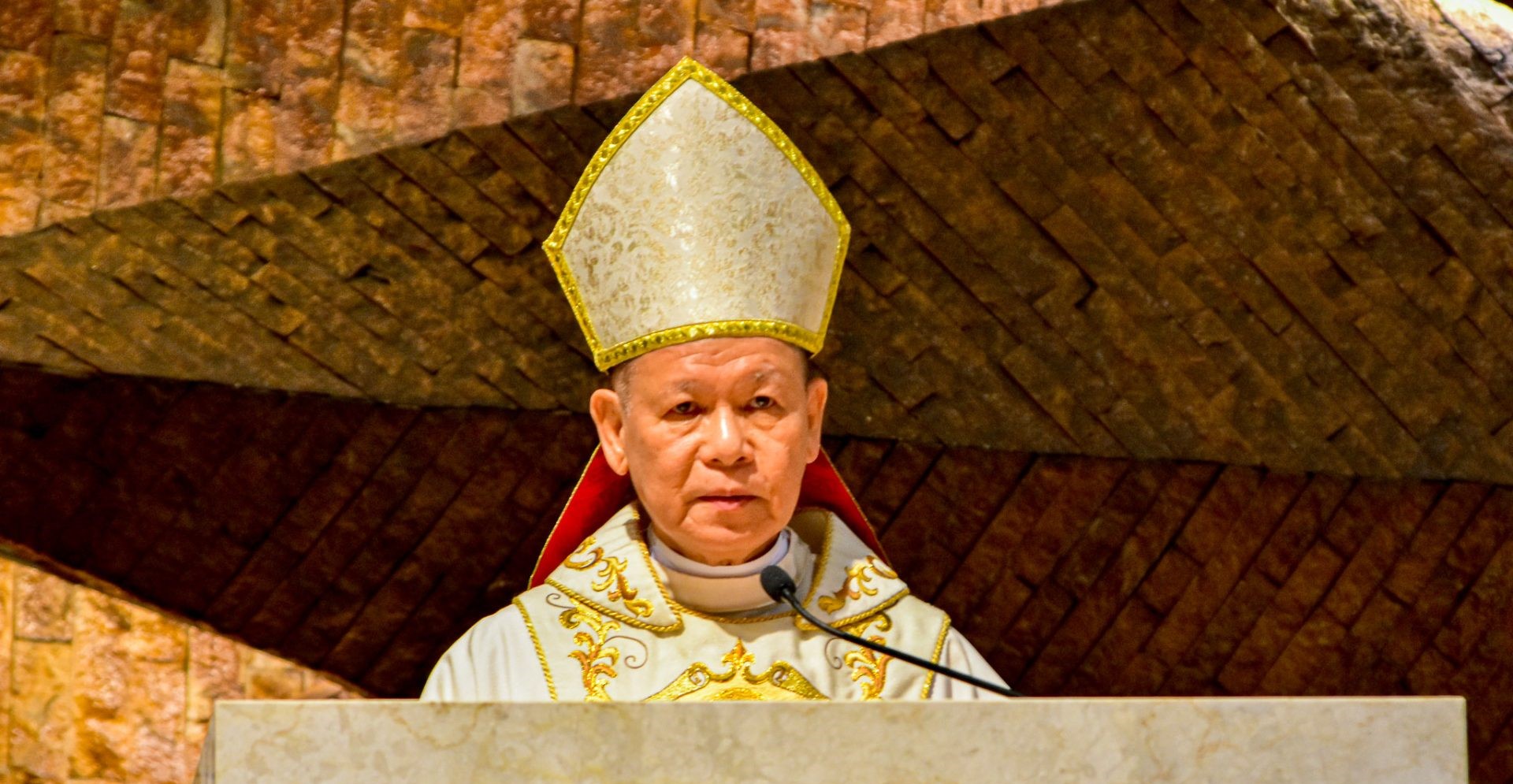
Ever wondered what a Judicial Vicar does? A Judicial Vicar, also known as an Episcopal Vicar for Canonical Affairs, plays a crucial role in the Catholic Church's legal system. They are responsible for overseeing the administration of justice within a diocese, ensuring that church laws are applied correctly. Judicial Vicars handle cases related to marriage annulments, clerical misconduct, and other canonical issues. They work closely with bishops and other church officials to maintain order and fairness. Their expertise in canon law makes them indispensable in resolving complex legal matters within the church. Curious about more details? Let's dive into 20 intriguing facts about this vital church role.
What is a Judicial Vicar?
A Judicial Vicar is a key figure in the Catholic Church's legal system. They handle various legal matters within the diocese, ensuring that church laws are followed. Here are some intriguing facts about this important role.
-
Judicial Vicars are also known as Officialis. This title emphasizes their official capacity in church law.
-
They must be priests. Only ordained priests can hold this position, ensuring they have a deep understanding of church teachings.
-
Appointed by the bishop. The bishop of the diocese appoints the Judicial Vicar, reflecting the trust and responsibility placed in them.
-
They oversee ecclesiastical courts. These courts handle cases related to church law, such as marriage annulments.
-
They have a law degree. Judicial Vicars typically hold a degree in canon law, the legal system of the Catholic Church.
Responsibilities of a Judicial Vicar
The role of a Judicial Vicar involves numerous responsibilities, all crucial to maintaining the integrity of church law.
-
Handling marriage annulments. One of their primary duties is to oversee the annulment process, ensuring it adheres to church law.
-
Advising the bishop. They provide legal advice to the bishop on various matters, helping to guide decisions within the diocese.
-
Training other priests. Judicial Vicars often train other priests in canon law, spreading their knowledge throughout the diocese.
-
Ensuring justice. They work to ensure that justice is served within the church, handling cases fairly and impartially.
-
Managing legal documents. Judicial Vicars are responsible for maintaining and managing important legal documents within the diocese.
Historical Background of Judicial Vicars
Understanding the history of Judicial Vicars can provide insight into their current role and importance.
-
Role dates back to the Middle Ages. The position of Judicial Vicar has been part of the church's legal system since the Middle Ages.
-
Evolved over time. The responsibilities and importance of Judicial Vicars have evolved, adapting to changes within the church and society.
-
Influenced by Roman law. The church's legal system, including the role of Judicial Vicar, has been heavily influenced by ancient Roman law.
-
Part of the Code of Canon Law. The role is defined and governed by the Code of Canon Law, the comprehensive legal code of the Catholic Church.
-
Integral to church governance. Judicial Vicars have always been integral to the governance and legal processes of the church.
Challenges Faced by Judicial Vicars
Being a Judicial Vicar comes with its own set of challenges, requiring a strong commitment to justice and church law.
-
Complex cases. They often handle complex and sensitive cases, requiring careful consideration and expertise.
-
Balancing duties. Judicial Vicars must balance their legal responsibilities with their pastoral duties as priests.
-
Maintaining impartiality. Ensuring impartiality in all cases can be challenging, especially in emotionally charged situations.
-
Keeping up with changes. They must stay updated on changes in canon law and church policies, requiring continuous learning.
-
Dealing with criticism. Judicial Vicars may face criticism from those unhappy with their decisions, requiring resilience and strong ethical principles.
Final Thoughts on Judicial Vicars
Judicial vicars play a crucial role in the Catholic Church's legal system. They handle cases related to marriage annulments, clergy discipline, and other canonical issues. These officials ensure that church laws are applied fairly and consistently. Their work often involves deep knowledge of canon law, strong ethical standards, and a commitment to justice. Without judicial vicars, the church would struggle to maintain order and resolve disputes. Their decisions can impact the lives of many, making their role both challenging and rewarding. Understanding the importance of judicial vicars helps us appreciate the complexities of church governance. It also highlights the need for qualified individuals in these positions. Next time you hear about a church legal matter, remember the vital work done by judicial vicars. They are the unsung heroes ensuring the church's legal system runs smoothly.
Was this page helpful?
Our commitment to delivering trustworthy and engaging content is at the heart of what we do. Each fact on our site is contributed by real users like you, bringing a wealth of diverse insights and information. To ensure the highest standards of accuracy and reliability, our dedicated editors meticulously review each submission. This process guarantees that the facts we share are not only fascinating but also credible. Trust in our commitment to quality and authenticity as you explore and learn with us.


